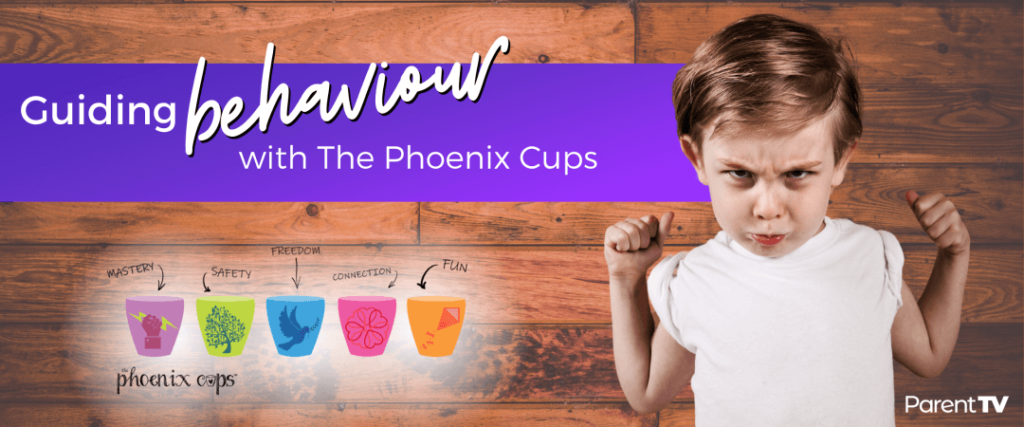Before we have kids, we have all sorts of ideas about what it will be like being a parent, and what our kids will be like. Some of our ideas about parenting are more realistic than others, and this is usually dependent on how much contact we’ve had with babies and kids in our adult lives!
Our ideas and memories of ourselves as kids can help form our expectations, too. But, for a lot of us, the real surprise with having kids comes when we find out just how inherent and ingrained a child’s temperament is, how strong their personality can be, and how little we parents have to do with it all. To some extent, we can shape the personality, behaviour, values and moral compass of our kids, particularly through role modelling. But their temperament? That’s already there.
Temperament refers to the parts of your child’s nature that are already present in the womb. ParentTV expert, Dr Kaylene Henderson, says the theory behind it all suggests temperament is formed by nine separate traits:
- Activity (physical energy levels)
- Regularity (needing/wanting the same things at the same times each day)
- Initial reaction (how your child approaches new situations)
- Adaptability (how easily your child adjusts to changes in environment/routine)
- Intensity (of emotional responses)
- Mood (optimistic or negative outlook)
- Distractibility (capacity for focus)
- Persistence and attention span
- Sensory threshold (sensitivity to moods and other sensory inputs).
Learn more: Understanding your child’s personality with Dr Kaylene Henderson
Sometimes, the nature of our kids can be a bit of a puzzle for parents, especially when they develop personalities that are so very different to our own. When this happens, we might feel a little bit lost when it comes to parenting them. Calm, routine-oriented, shy and introverted parents who love staying in and doing jigsaw puzzles might end up with loud, dramatic, impulsive social butterflies as kids, or the reverse. We might dream of little Mia or Charlie doing the acting or guitar lessons we loved as kids, but in reality, getting them to go could actually be like pulling teeth, let alone expecting them to enjoy it. If we found joy and fulfilment in something as kids, it’s natural to want the same for our own children, but anyone who’s tried to get their child to do something they don’t want to do will testify that sometimes you have to let go of what you want for them. They will find the things that bring them joy, organically.
This can be hard for siblings too. Ultimately, a family is a bunch of different and sometimes conflicting personalities sharing their lives and cohabiting in a space. When you have kids with wildly contrasting natures, this can present a challenge. Understanding who your kids are fundamentally, what they can and can’t change, and what they need from you to bring out the best in them will help you work through it.
When you have kids of different natures, calibrating your parenting approach to meet the needs of the individual can help, too, although this won’t always be realistic – sometimes everyone just needs to compromise!
But, if you do find yourself struggling with parenting children who are very different from each other and/or to you, ParentTV expert Maggie Dent can help you learn about what your child needs. Maggie suggests that there’s a spectrum of temperaments from quiet, sensitive lambs at one end to boisterous, wilful roosters at the other. In her videos for ParentTV, Maggie gives guidance on the specific parenting approaches that will be most effective with each.
Find out more here:
Parenting lambs, our more sensitive kids, with Maggie Dent
Parenting roosters, our challenging kids, with Maggie Dent
For those of you with multiple kids, how different are they? What ways do you do things differently with them? Let us know your tips!



